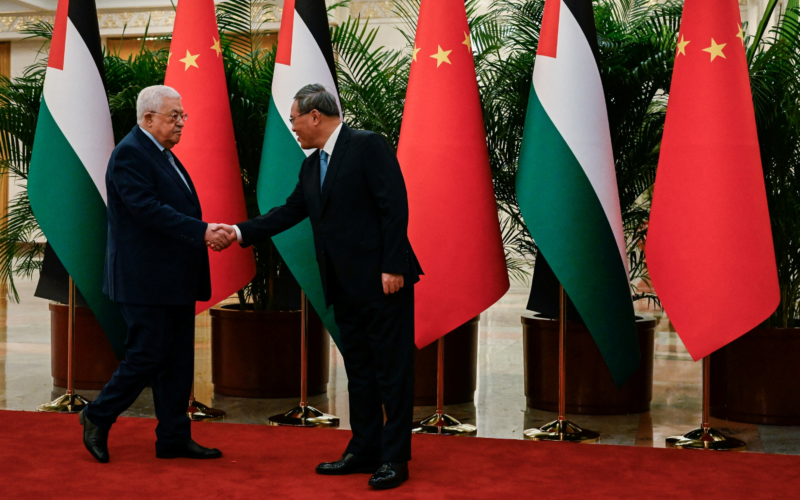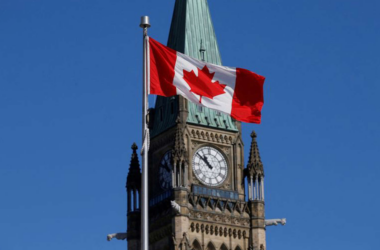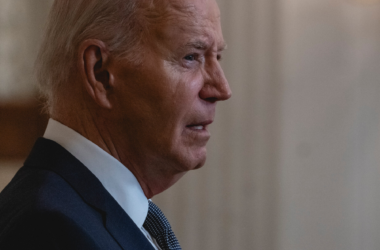China is set to host senior officials from Hamas and Fatah next week in an effort to bridge gaps between the rival Palestinian factions that have long competed for power in Gaza and the West Bank. This meeting comes as discussions about Gaza’s postwar governance take on greater urgency amidst progress towards a cease-fire deal between Israel and Hamas.
China’s initiative follows several unsuccessful attempts to mediate between Hamas and Fatah, including a meeting in Beijing in April. Despite these setbacks, China remains committed to its role as a peace broker. The upcoming meeting signals China’s continued efforts to foster reconciliation between the factions, which many experts view as crucial for rebuilding Gaza after the conflict.
Ismail Haniyeh, the political leader of Hamas, will lead the group’s delegation to Beijing. Fatah will be represented by three officials, including Mahmoud al-Aloul, the deputy chairman of the party. China’s Foreign Minister, Wang Yi, is scheduled to meet with the Palestinian factions on July 21 and again on July 23. Between these meetings, Hamas and Fatah will conduct their own discussions.
The longstanding rivalry between Hamas and Fatah has seen each faction vying for legitimacy as the leader of the Palestinian people. The United States has suggested that the Palestinian Authority, controlled by Fatah, should play a central role in governing postwar Gaza, a proposal that would require Hamas’ approval. Many Palestinians argue that cooperation between Fatah and Hamas is essential for the reconstruction of Gaza, despite widespread skepticism about the factions reaching a consensus.
“There’s still a major divide between Hamas and Fatah, but there’s an absolute necessity that they achieve a national consensus for the administration of Gaza,” said Ibrahim Dalalsha, director of the Horizon Center, a Palestinian political research group. “In the absence of that, there will be a huge tragedy.”
Hamas officials have indicated a willingness to relinquish civilian control of Gaza, allowing a government of independents to oversee the rebuilding of the enclave. However, Hamas has ruled out dismantling its military wing.
Rebuilding Gaza is estimated to cost tens of billions of dollars. Many countries have designated Hamas as a terrorist organization, limiting their ability to collaborate with institutions linked to the group. Establishing an independent government in Gaza without formal ties to Hamas could facilitate international cooperation in rebuilding efforts.
For China, hosting this meeting provides an opportunity to enhance its role as a mediator on the global stage. In recent years, China has expanded its influence in the Middle East, including brokering a rapprochement between Saudi Arabia and Iran. On Israeli and Palestinian affairs, China has portrayed itself as a peace broker, albeit more in rhetoric than in practice.
China has maintained friendly relations with Palestinian leaders, with President Mahmoud Abbas visiting China five times during his nearly two-decade tenure. Following Hamas’ surprise attack on Israel on October 7, Chinese state media emphasized Beijing’s potential role as a mediator, highlighting a two-state solution proposal by Chinese leader Xi Jinping.
For Hamas, the upcoming meeting presents an opportunity to strengthen ties with China, which has been less critical of its actions compared to Western nations. “China is a powerful country and we want to strengthen our ties with it,” said Mousa Abu Marzouk, a senior Hamas official. “We’re a people under occupation and we strive for relations with everyone.”








